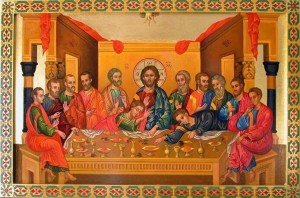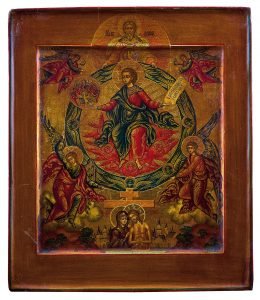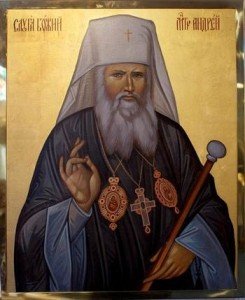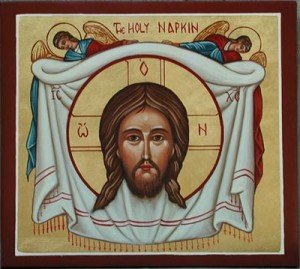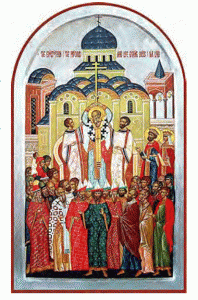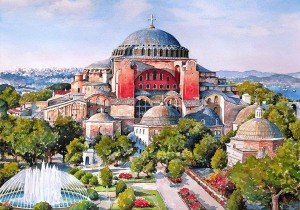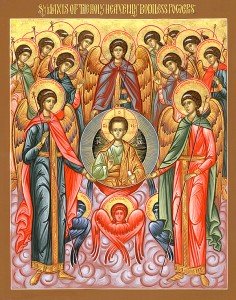 As you will recall, I have been sharing what I think are the skills that we must develop in order to have genuine and real relationships with others. Why? Because our relationship with God is based on our ability to have genuine relationships with our fellowmen.
As you will recall, I have been sharing what I think are the skills that we must develop in order to have genuine and real relationships with others. Why? Because our relationship with God is based on our ability to have genuine relationships with our fellowmen.
As I shared with you, the first two skills are: (1) the ability to embrace differences, and (2) to learn how to effectively listen to others. I am sure that many who read this are already thinking how these skills can help us have a relationship with God. I would encourage such thinking and wait until I share all of the skills I have in mind to apply them also to our relationship with God.
The third important skill is the ability to Give other people your time and attention. Giving time to people is a huge gift. In a world where time is of the essence and we are trying to fit in more than one lifetime, we don’t always have the time to give to our loved ones, friends, and work colleagues our time and, also, our true attention. We often only partially attend to others when we are with them. Technology has eroded our ability to build real rapport and we attempt to multi-task by texting and talking at the same time.
Being present in the time you give to people is so important. When you are with someone it is important that you are truly with them and not dwelling in the past or worrying about the future or thinking about other things. It means we don’t answer our cell phones when we are with other people unless we know that we are awaiting a very important call. If we are awaiting an important call, we alert the person we are with and, in advance, tell them that we are awaiting an important call and will have to interrupt the conversation.
The connection we make with other people is the very touchstone of our existence, and devoting time, energy, and effort to developing and building relationships is one of the most valuable life skills. It prepares us for a relationship with our God.

